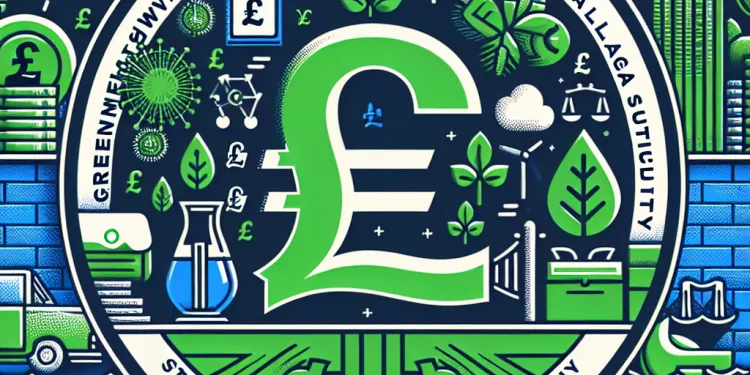
Find Help
More Items From Ergsy search
-
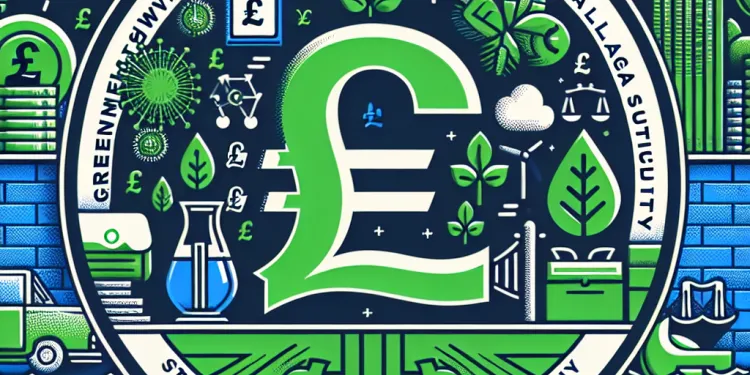
Greenwashing Lawsuits Increase as Environmental Claims Face Legal Checks
Relevance: 100%
-
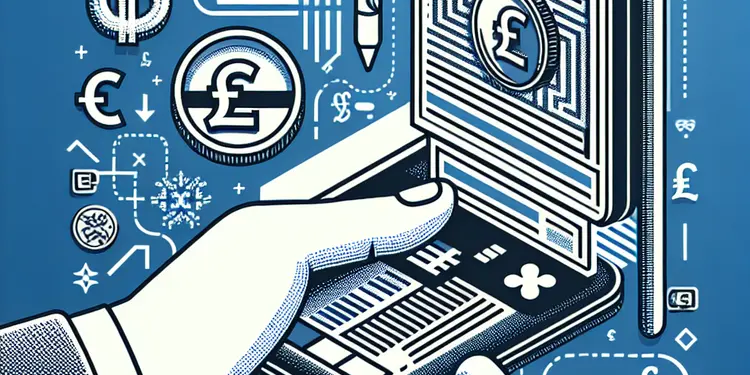
What is a derivative lawsuit?
Relevance: 37%
-
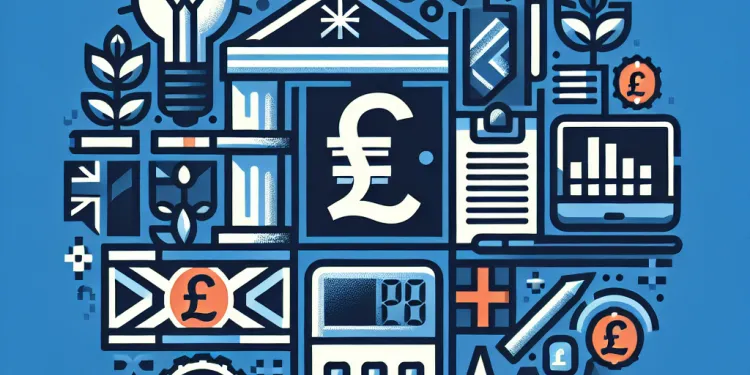
Is there a deadline for making a claim?
Relevance: 25%
-

What should I do if my holiday insurance claim is denied?
Relevance: 21%
-

Are professionals insured against negligence claims?
Relevance: 20%
-
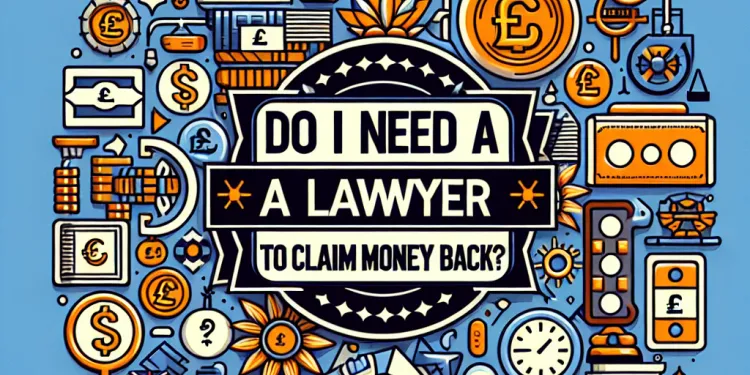
Do I need a lawyer to claim money back?
Relevance: 20%
-

Can I take legal action myself against unsolicited texters?
Relevance: 20%
-
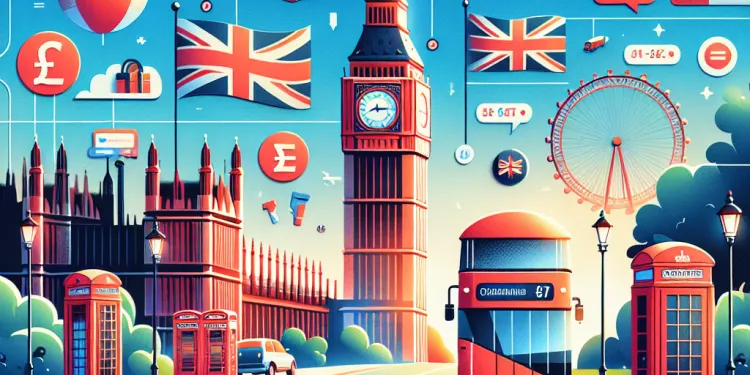
What should I do if my claim is rejected?
Relevance: 20%
-

Is there a minimum claim amount?
Relevance: 20%
-
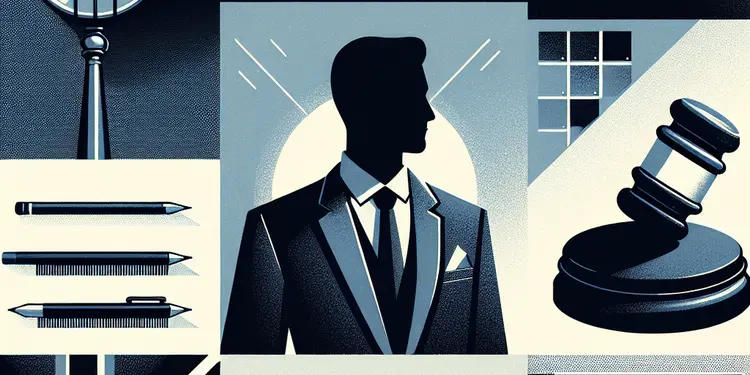
What is the impact of a professional negligence claim on a professional's career?
Relevance: 20%
-
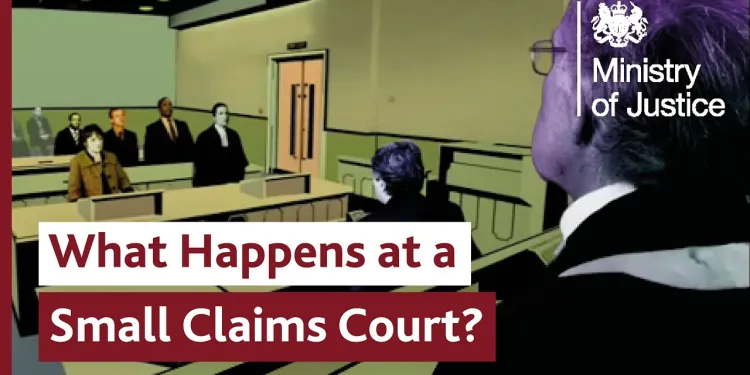
What Happens at Small Claims Court? Making a Court Claim for Money
Relevance: 19%
-
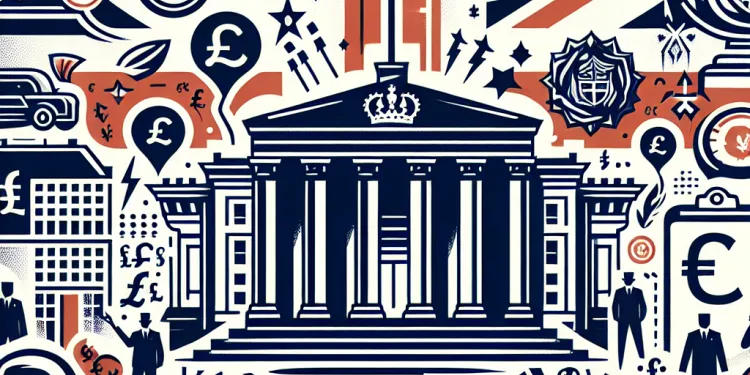
What evidence do I need to support my claim?
Relevance: 19%
-

Navigating Personal Injury Claims: What You Need to Know Post-2023
Relevance: 19%
-

Can I claim the Winter Fuel Payment on behalf of someone else?
Relevance: 19%
-

An introduction to claiming asylum in the UK
Relevance: 19%
-
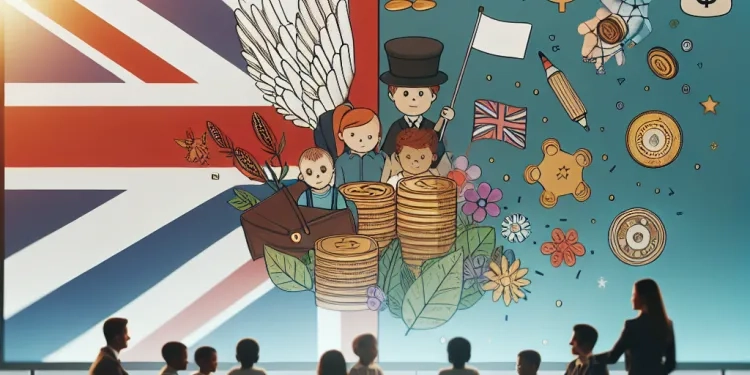
Three-year limit for child sexual abuse claims to be removed
Relevance: 18%
-
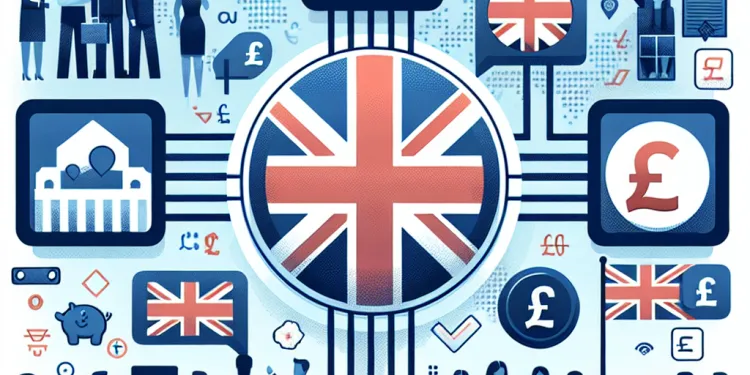
Can I make a joint claim with other users?
Relevance: 18%
-
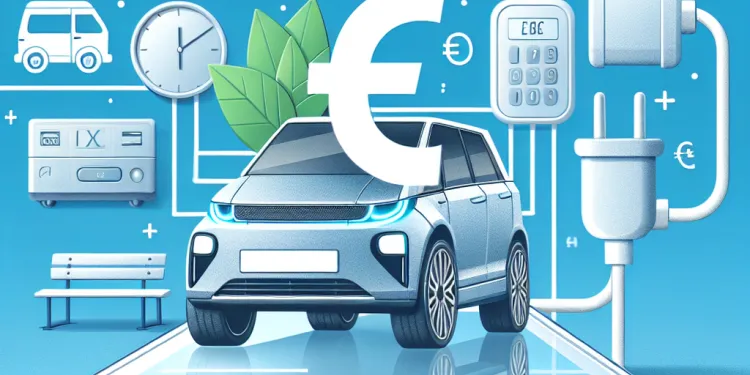
Can businesses claim the EV grant?
Relevance: 18%
-

Are woodland burials legal in the UK?
Relevance: 18%
-
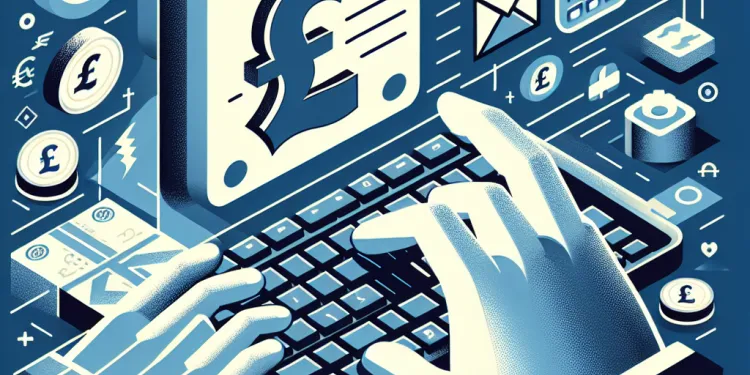
Can I make a claim online?
Relevance: 18%
-
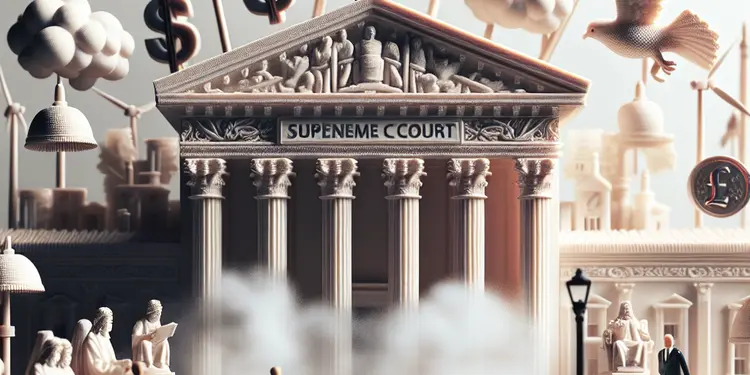
Supreme Court to Hear Landmark Case on Environmental Regulations
Relevance: 18%
-
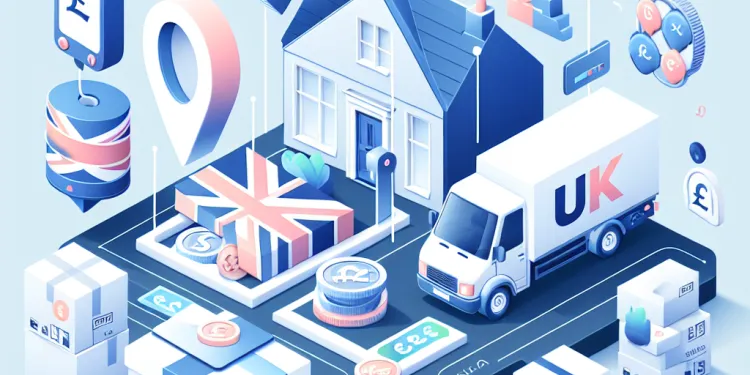
What if I have moved house since the claim period?
Relevance: 18%
-

How can I check if I was mis-sold car finance?
Relevance: 18%
-

What can I do if the water company doesn’t respond to my claim?
Relevance: 18%
-
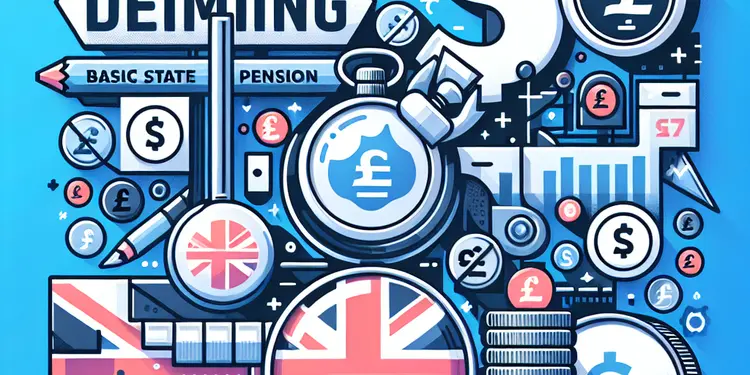
How do I claim the basic State Pension?
Relevance: 17%
-
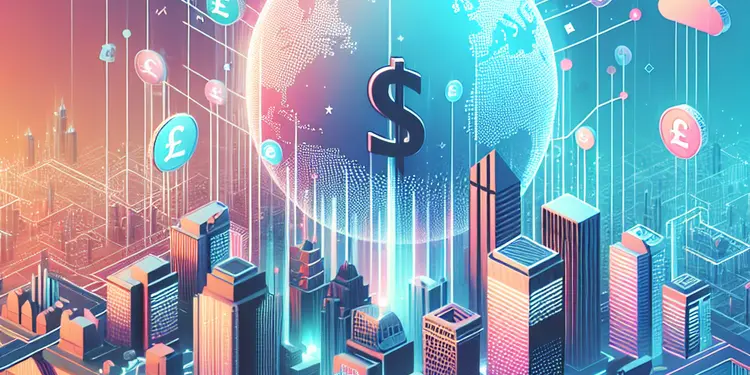
How long do I have to file a professional negligence claim?
Relevance: 17%
-

What expenses can I claim on my Self Assessment?
Relevance: 17%
-
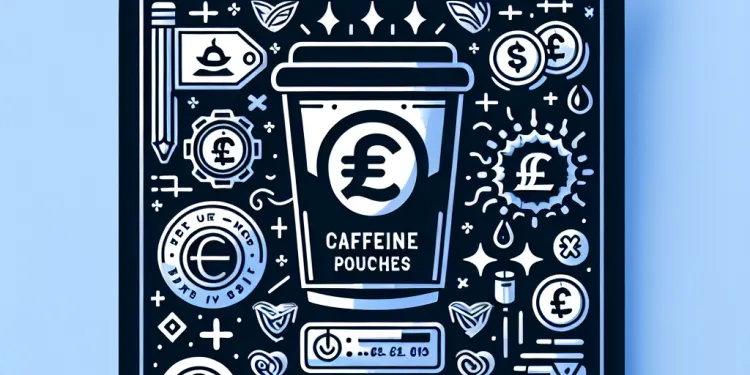
Are there any legal restrictions on caffeine pouches?
Relevance: 17%
-
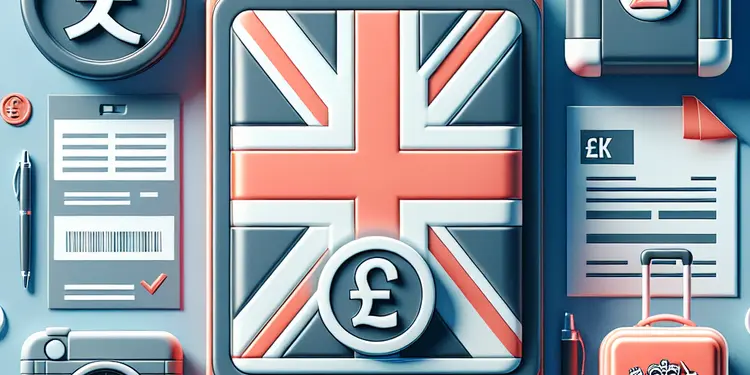
How do I file a claim with travel insurance?
Relevance: 17%
-
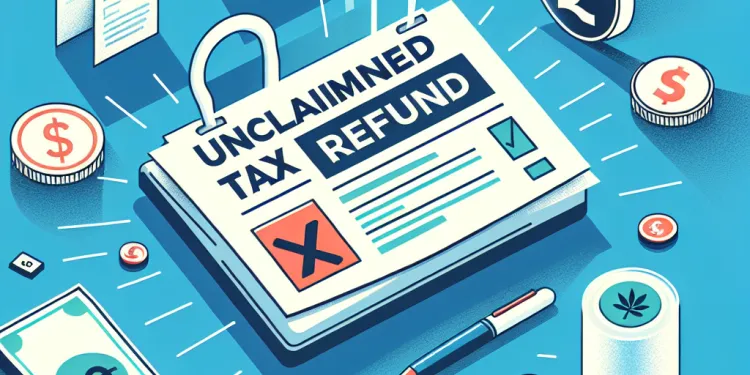
What happens if I do not claim my tax refund?
Relevance: 17%
-
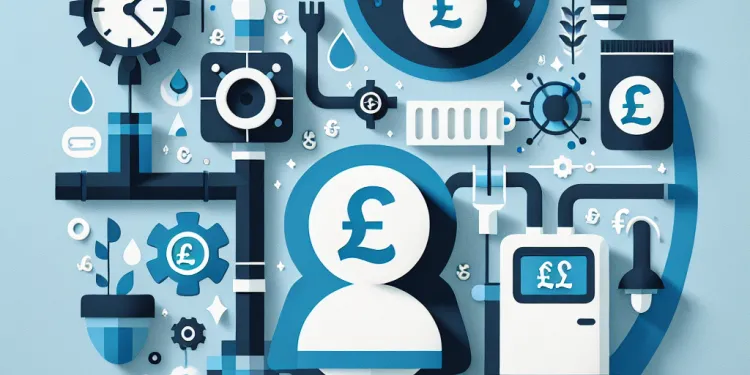
What is the role of a water regulator in my claim?
Relevance: 17%
-
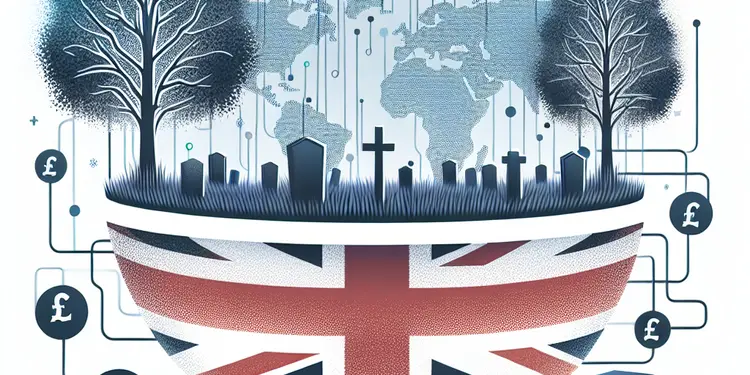
Are woodland burials environmentally friendly?
Relevance: 17%
-
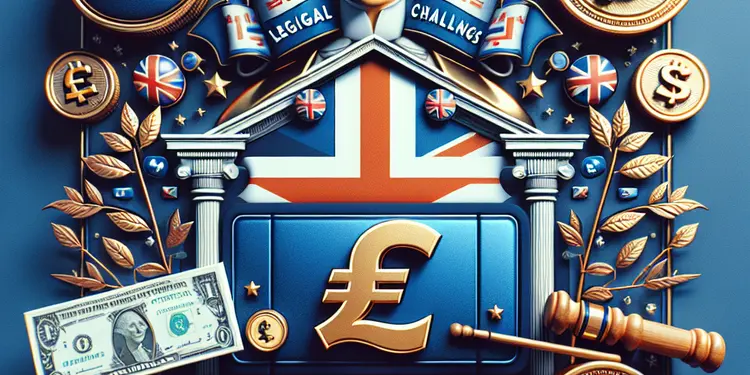
Have any legal challenges been made against the social media ban?
Relevance: 17%
-
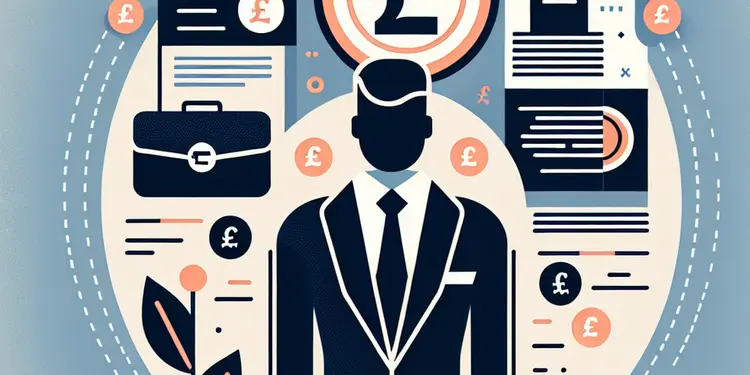
What are the elements of a professional negligence claim?
Relevance: 17%
-
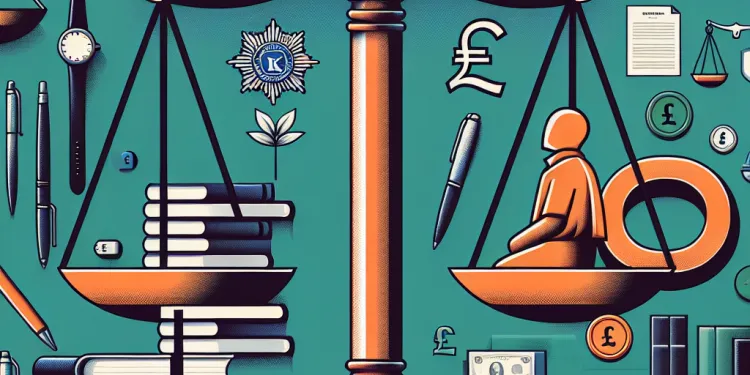
Can inmates access legal assistance?
Relevance: 17%
-

Building a Healthy Home Environment
Relevance: 17%
-
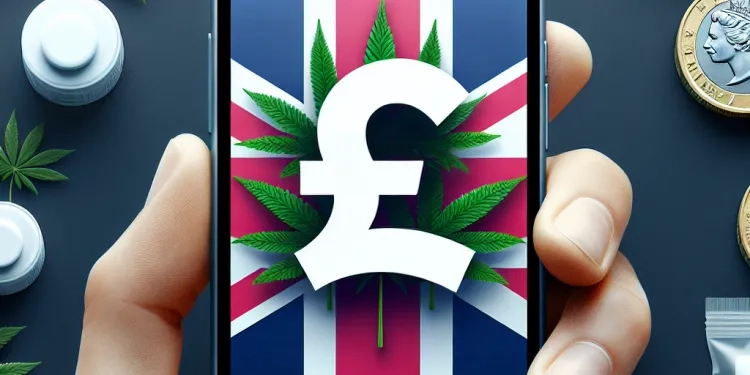
Is CBD legal?
Relevance: 17%
-

How can I claim money back from my water company?
Relevance: 17%
-
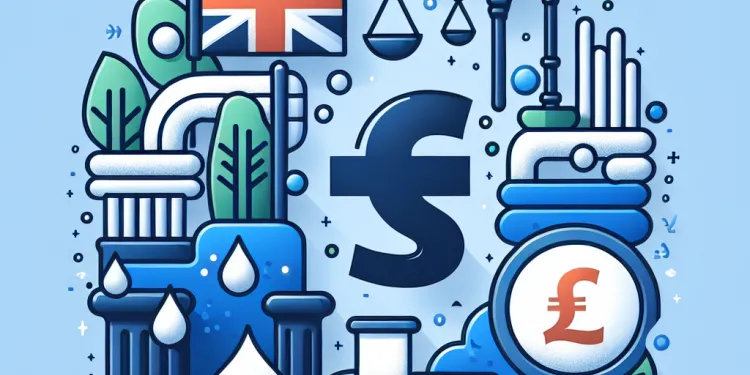
Are there legal guidelines for sewage discharge into UK waters?
Relevance: 17%
-
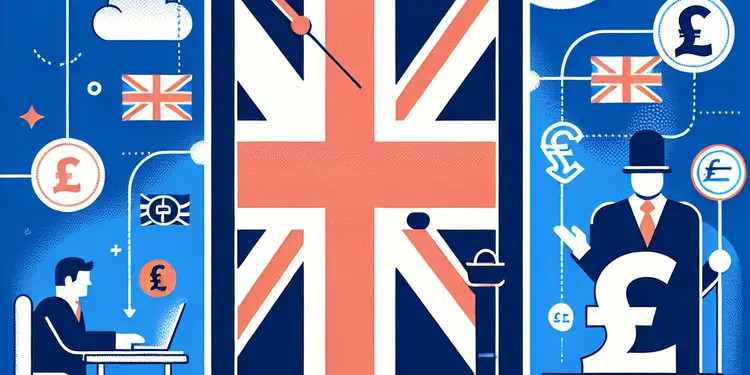
Can a professional negligence claim be filed against a company?
Relevance: 17%
Understanding Greenwashing
Greenwashing is the practice where companies exaggerate or fabricate their environmental credentials to appeal to eco-conscious consumers. As environmental awareness grows among the public, businesses are increasingly marketing products and practices as sustainable, eco-friendly, or green. However, not all such claims stand up to scrutiny, leading to accusations of greenwashing. This deceptive practice misleads consumers, undermines genuine sustainability efforts, and can distort market competition.
Trend of Increasing Lawsuits
In recent years, there has been a marked rise in greenwashing lawsuits as companies' environmental claims face greater legal examination. Regulatory bodies, advocacy groups, and consumers are more vigilant and, armed with a better understanding of environmental laws and practices, are challenging misleading claims. These lawsuits aim to hold companies accountable for their sustainability claims, ensuring they are genuine and verifiable, rather than mere marketing ploys.
Key Drivers of Legal Challenges
Several factors contribute to the surge in greenwashing lawsuits. Enhanced consumer awareness and a growing demand for transparency put pressure on companies to authentically demonstrate their environmental performance. Legislative frameworks, such as those enforced by the UK's Advertising Standards Authority (ASA), are tightening regulations around advertising claims. Moreover, the rise of social media enables rapid information dissemination and mobilizes public opinion, which can lead to legal action against misleading environmental claims.
Case Studies and Examples
High-profile cases in the UK have highlighted the growing trend of greenwashing lawsuits. For example, companies in industries such as fashion, automotive, and consumer goods have faced legal challenges when their sustainability claims have been found to be exaggerated or false. These cases often result in settlements or penalties, pushing businesses to reassess their marketing strategies and mitigate the risk of further legal fallout.
Impact on Businesses
The impact of these lawsuits can be significant for businesses, resulting in financial penalties, reputational damage, and a loss of consumer trust. Companies found guilty of greenwashing might also face regulatory restrictions. Consequently, there is a growing emphasis within businesses on substantiating their environmental claims with robust evidence and adopting genuine sustainability practices.
Consumer Awareness and Future Outlook
As consumers become more informed, their ability to differentiate between genuine and false claims strengthens, leaving less room for greenwashing. This shift is prompting businesses to reevaluate their environmental strategies, leading to more transparent and credible environmental claims. Going forward, it is likely that greenwashing lawsuits will continue to play a critical role in promoting corporate accountability and advancing genuine sustainability efforts in the UK.
Understanding Greenwashing
Greenwashing is when companies pretend to be more environmentally friendly than they really are. They do this to attract people who care about the planet. More people are interested in being green, so businesses want to look eco-friendly. But not all businesses tell the truth. Some make false claims about being good for the earth. This can trick people, hurt real efforts to protect the environment, and make competition unfair.
Trend of Increasing Lawsuits
More people are taking greenwashing companies to court because their claims are being checked more carefully. Groups and people are learning more about environmental laws and keeping an eye on what companies say. Lawsuits try to make sure that companies are honest about being green and not just using it for advertising.
Key Drivers of Legal Challenges
There are reasons why more people are suing companies for greenwashing. People are asking for real proof that companies care about the planet. Laws are getting stricter about what companies can say in their ads. Also, social media spreads information quickly and helps people come together to challenge false claims.
Case Studies and Examples
Some big cases in the UK have shown that more companies are being sued for greenwashing. Companies in areas like fashion and cars were found to be overstating their green efforts. These cases often end with companies paying fines or changing how they advertise to avoid more lawsuits.
Impact on Businesses
Greenwashing lawsuits can seriously hurt businesses. They might have to pay fines and lose people's trust. Businesses found guilty may also need to follow stricter rules. So, businesses are working harder to prove they are truly eco-friendly and not just saying so.
Consumer Awareness and Future Outlook
People are getting better at spotting the difference between true and false green claims. This is pushing businesses to be honest about their environmental actions. In the future, greenwashing lawsuits will likely keep making companies more responsible and support true efforts to protect the planet.
Frequently Asked Questions
What is greenwashing?
Greenwashing refers to the practice of companies making misleading claims about the environmental benefits of their products or practices to appear more environmentally friendly than they truly are.
Why are greenwashing lawsuits increasing?
Greenwashing lawsuits are increasing due to growing consumer awareness and regulatory scrutiny around false and misleading environmental claims, leading to legal action against companies that engage in these practices.
Who typically files greenwashing lawsuits?
Greenwashing lawsuits are typically filed by consumers, environmental groups, or regulatory agencies seeking to hold companies accountable for misleading environmental claims.
What are some examples of greenwashing claims?
Examples include false claims about products being recyclable or biodegradable, overstating the use of renewable energy, or misrepresenting sustainability initiatives.
How can consumers identify greenwashing?
Consumers can identify greenwashing by being skeptical of vague claims, looking for credible third-party certifications, and researching company practices independently.
What laws govern greenwashing in the United States?
In the United States, the Federal Trade Commission (FTC) regulates greenwashing through the Green Guides, which outline acceptable practices for environmental marketing claims.
Are there international regulations on greenwashing?
Yes, many countries have their own regulations, and there are international standards, such as ISO 14021, that guide environmental marketing claims.
What is the impact of greenwashing on the environment?
Greenwashing can mislead consumers and investors, leading to inadequate support for genuine sustainable initiatives and undermining trust in environmental claims.
Can companies face financial penalties for greenwashing?
Yes, companies found guilty of greenwashing can face financial penalties, reputational damage, and legal costs from lawsuits and regulatory actions.
What role do sustainability certifications play in greenwashing lawsuits?
Sustainability certifications can provide evidence of a company's genuine environmental efforts and are often scrutinized in lawsuits to verify the accuracy of claims.
How do greenwashing lawsuits affect a company’s reputation?
Greenwashing lawsuits can cause significant harm to a company's reputation by eroding consumer trust and leading to negative media coverage.
What industries are most affected by greenwashing lawsuits?
Industries such as fashion, food and beverage, and consumer goods are frequently affected due to their often-publicized sustainability claims.
How do greenwashing lawsuits contribute to sustainability?
These lawsuits help ensure companies make truthful environmental claims, encouraging more transparency and genuine efforts towards sustainability.
What is the role of the FTC in greenwashing cases?
The FTC investigates and takes enforcement actions against misleading environmental claims under its authority to prevent deceptive marketing practices.
How can companies avoid greenwashing allegations?
Companies can avoid greenwashing by ensuring all environmental claims are accurate, substantiated, and transparent, and by obtaining third-party certifications.
What are the potential defenses against greenwashing accusations?
Defenses may include evidence of compliance with relevant regulations, third-party audits, or documentation of genuine sustainability efforts.
Why is consumer education important in preventing greenwashing?
Educated consumers are better equipped to critically assess environmental claims, reducing the effectiveness of greenwashing tactics.
Can greenwashing lawsuits lead to changes in industry practices?
Yes, these lawsuits can drive industry-wide changes by highlighting misleading practices and prompting stricter regulations and standards.
How do greenwashing lawsuits impact investors?
Investors may reassess their investments based on the reputational and financial risks associated with companies facing greenwashing allegations.
What is the future outlook for greenwashing litigation?
As awareness of environmental issues continues to grow, so will the scrutiny and legal challenges of environmental claims, likely leading to more greenwashing litigation.
What is greenwashing?
Greenwashing is when a company says they are doing good things for the environment, but they are not really doing much. They might talk about being green, but it's mostly just talk.
Some companies do this because they want people to buy their stuff. They want people to think they care about the planet, even if they don't.
Helpful Tip: If you want to know if a company is truly helping the planet, look for real actions, not just words. You can use websites that check if companies are being honest about the environment.
Greenwashing is when companies say their products are good for the planet, but they are not telling the truth. They do this to make people think they are helping the Earth.
Why are there more greenwashing lawsuits?
More companies say they are "green" or "eco-friendly," but sometimes they are not telling the truth. This makes people upset. So, more people are taking these companies to court. This is called a "lawsuit."
Here are some tips to help understand:
- Ask someone you trust to explain words that are hard.
- Use simple apps or tools that read text out loud.
- Break the text into small parts and read one part at a time.
More people are taking companies to court for greenwashing. Greenwashing means saying something is good for the Earth when it’s not. People are paying more attention to this and want honest answers. This is why companies are facing more lawsuits. If you don't understand, ask someone to explain it or use helpful apps that read out loud.
Who usually starts greenwashing court cases?
Greenwashing lawsuits happen when people or groups say a company is not being honest about being good for the environment. These people could be shoppers, groups that care about nature, or even groups that make the rules. They want to make sure companies tell the truth about helping the planet.
What is greenwashing? Can you give some examples?
Greenwashing is when companies say they help the environment but don't really do much. Here are some examples:
- Products labelled "natural": Sometimes items say they are "natural" when they still have chemicals.
- Fake recycling claims: A company might say their packaging is "recyclable" when it’s not easy to recycle.
- Carbon offset promises: Companies might claim they are reducing pollution, but they just pay for credits without making real changes.
If you want to check if companies are honest, you can:
- Look for trustworthy labels like "Organic" or "Fair Trade."
- Read reviews or reports from trusted groups.
Sometimes, companies tell us things that aren't true. They might say their products can be recycled, but they can't. They might say their products break down in nature, but they don't. They might say they use a lot of green energy, but they don't. Sometimes, they say they are doing things to help the planet, but they are not.
If you find it hard to read or understand, reading tools or audiobooks might help. Ask someone you trust if you have questions.
How can you tell if a company is really helping the planet?
Here are some tips to help you know if a company is being honest about saving the Earth:
- **Check labels.** See if the product has a trusted eco-friendly mark.
- **Read the website.** Look at what the company says about helping the planet. Is it clear and detailed?
- **Do some research.** Search online to find out if others trust this company.
- **Ask questions.** It’s okay to ask the company how they are helping the environment.
Support tools:
- **Online guides and apps.** Use tools that help you find honest eco-friendly products.
- **Friends and family.** Talk to others and share what you learn about green products.
People can spot greenwashing by asking questions about unclear claims, looking for trusted symbols from other groups, and checking what the company really does on their own.
What rules are there about greenwashing in the United States?
Greenwashing means when a company says it is helping the planet, but it's not true.
In the United States, there are rules to stop greenwashing. These rules help make sure companies are honest.
Tools to Understand:
- Use picture clues to understand more.
- Ask an adult to explain hard parts.
- Look for simple articles online.
In the United States, there is a group called the Federal Trade Commission, or FTC for short. They make sure companies tell the truth about being good for the planet. They use special rules called the Green Guides to check how companies talk about being eco-friendly.
If you want to understand these rules better, you can use tools that read text out loud. You can also ask someone to explain things in simple words.
Are there rules for greenwashing around the world?
Greenwashing is when companies pretend to be good for the environment when they are not. Are there rules to stop this in different countries?
To understand better, you can:
- Use picture guides or videos.
- Ask someone to help explain.
Yes, many countries have rules about this. There are also world rules like ISO 14021. These rules help companies talk about being good to the environment.
How does greenwashing hurt the environment?
Greenwashing is when companies pretend to be eco-friendly.
This can confuse people who want to help the Earth.
It might make things worse because the real problems aren't fixed.
Use tools like picture books or videos to learn more about the environment.
Greenwashing can trick people who buy things and those who invest money. It can stop real green projects from getting support and makes it hard to trust when companies say they are good for the planet.
Can companies get in trouble for pretending to be eco-friendly?
Sometimes, companies say they care about the Earth, but they don't really mean it. This is called greenwashing.
If companies are caught doing this, they might have to pay money as a punishment.
You can use tools like pictures, videos, and simple charts to understand more about greenwashing.
If a company pretends to be "green" or good for the environment but isn't, it can get in trouble. It might have to pay money, people might think bad things about it, and it could have to pay for lawyers if it gets sued.
How do labels for being eco-friendly affect lawsuits about pretending to be green?
Sustainability certifications are special badges that show a company is being good to the environment. These badges help people know that the company is really trying to protect nature. Sometimes, in court, people look at these badges to make sure the company is telling the truth.
If you find it hard to read, you can try using text-to-speech tools to listen to the words instead of reading them. Also, highlighting or underlining important words can help you understand better.
How do greenwashing lawsuits affect a company’s reputation?
What happens to a company's good name when they are accused of pretending to be eco-friendly?
When people say a company is guilty of "greenwashing," it means the company might be lying about being good for the planet. This can make people trust the company less.
It is important for the company to be honest about what they do to help the environment. If they are not honest, they could get into trouble with the law. This is called a lawsuit.
If a company gets caught pretending, it can make them look bad. People might not want to buy things from them anymore.
To understand better, using pictures or videos might help. You can also ask someone you trust, like a teacher, for help.
Greenwashing is when a company says it is helping the environment, but it's not true. This can make people unhappy and cause problems for the company.
People might stop trusting the company and say bad things about it in the news.
If you are reading this and find it hard, try using a ruler or your finger to help you follow the lines.
Which businesses get in trouble for pretending to be green?
Some companies like those that make clothes, food and drinks, and things you use every day, talk a lot about being good for the planet.
How do greenwashing lawsuits help the environment?
These lawsuits make sure companies tell the truth about the environment. They help companies be honest and really try to be better for the planet.
Here are some tools that can help you understand better:
- Try using apps or websites that read text out loud.
- Look for videos that explain things with pictures and words.
- Ask someone to explain any part you find hard to understand.
What does the FTC do when companies pretend to be eco-friendly?
The FTC looks at green claims to make sure they are true. They can take action if companies lie. The FTC makes sure ads tell the truth.
How can companies show they care for the environment?
Companies can stop greenwashing by making sure all their eco-friendly claims are true, checked, and clear. They should also get help from outside experts to prove their claims.
How can a company show it is not pretending to be eco-friendly?
To show you have done nothing wrong, you can use these proofs:
1. Follow the rules. Show records that you are following the right rules.
2. Get checked. Let someone outside of your company check your work. This is called an audit.
3. Show your work. Have papers that show you really care about doing things in a sustainable way.
Why is it important to teach people about buying things so they don't get tricked by greenwashing?
People who know more can make better choices about the environment. This helps them spot when companies are pretending to be green, so they don't get fooled.
Can lawsuits help stop greenwashing?
Big companies sometimes say they are good for the environment. But this is not always true. This is called "greenwashing."
Sometimes, people sue or take these companies to court. These are called "lawsuits."
The question is: Can these lawsuits make companies do better things for the environment?
Using tools like reading apps or asking someone to explain can help understand this better.
Yes, these lawsuits can help make big changes. They show when companies are not honest and can lead to new rules to keep everyone safe.
How do greenwashing lawsuits affect people who invest money?
Greenwashing is when companies pretend to be eco-friendly but are not.
Lawsuits are when people go to court because they think something wrong has happened.
If a company lies about being green, people who invest money in them may lose trust. This can make them upset or lose money.
Investors might use apps or experts to learn more about real eco-friendly companies.
People who put money into companies might change their minds if they think those companies are pretending to be more eco-friendly than they really are. This is because it can be risky for the company’s reputation and money.
What will happen in the future with greenwashing court cases?
More people are learning about the environment.
This means more people will look closely at companies' claims about being green.
It could lead to more court cases about untrue green claims.
Useful Links
This website offers general information and is not a substitute for professional advice.
Always seek guidance from qualified professionals.
If you have any medical concerns or need urgent help, contact a healthcare professional or emergency services immediately.
Some of this content was generated with AI assistance. We’ve done our best to keep it accurate, helpful, and human-friendly.
- Ergsy carfully checks the information in the videos we provide here.
- Videos shown by Youtube after a video has completed, have NOT been reviewed by ERGSY.
- To view, click the arrow in centre of video.
- Most of the videos you find here will have subtitles and/or closed captions available.
- You may need to turn these on, and choose your preferred language.
- Go to the video you'd like to watch.
- If closed captions (CC) are available, settings will be visible on the bottom right of the video player.
- To turn on Captions, click settings .
- To turn off Captions, click settings again.
More Items From Ergsy search
-

Greenwashing Lawsuits Increase as Environmental Claims Face Legal Checks
Relevance: 100%
-

What is a derivative lawsuit?
Relevance: 37%
-

Is there a deadline for making a claim?
Relevance: 25%
-

What should I do if my holiday insurance claim is denied?
Relevance: 21%
-

Are professionals insured against negligence claims?
Relevance: 20%
-

Do I need a lawyer to claim money back?
Relevance: 20%
-

Can I take legal action myself against unsolicited texters?
Relevance: 20%
-

What should I do if my claim is rejected?
Relevance: 20%
-

Is there a minimum claim amount?
Relevance: 20%
-

What is the impact of a professional negligence claim on a professional's career?
Relevance: 20%
-

What Happens at Small Claims Court? Making a Court Claim for Money
Relevance: 19%
-

What evidence do I need to support my claim?
Relevance: 19%
-

Navigating Personal Injury Claims: What You Need to Know Post-2023
Relevance: 19%
-

Can I claim the Winter Fuel Payment on behalf of someone else?
Relevance: 19%
-

An introduction to claiming asylum in the UK
Relevance: 19%
-

Three-year limit for child sexual abuse claims to be removed
Relevance: 18%
-

Can I make a joint claim with other users?
Relevance: 18%
-

Can businesses claim the EV grant?
Relevance: 18%
-

Are woodland burials legal in the UK?
Relevance: 18%
-

Can I make a claim online?
Relevance: 18%
-

Supreme Court to Hear Landmark Case on Environmental Regulations
Relevance: 18%
-

What if I have moved house since the claim period?
Relevance: 18%
-

How can I check if I was mis-sold car finance?
Relevance: 18%
-

What can I do if the water company doesn’t respond to my claim?
Relevance: 18%
-

How do I claim the basic State Pension?
Relevance: 17%
-

How long do I have to file a professional negligence claim?
Relevance: 17%
-

What expenses can I claim on my Self Assessment?
Relevance: 17%
-

Are there any legal restrictions on caffeine pouches?
Relevance: 17%
-

How do I file a claim with travel insurance?
Relevance: 17%
-

What happens if I do not claim my tax refund?
Relevance: 17%
-

What is the role of a water regulator in my claim?
Relevance: 17%
-

Are woodland burials environmentally friendly?
Relevance: 17%
-

Have any legal challenges been made against the social media ban?
Relevance: 17%
-

What are the elements of a professional negligence claim?
Relevance: 17%
-

Can inmates access legal assistance?
Relevance: 17%
-

Building a Healthy Home Environment
Relevance: 17%
-

Is CBD legal?
Relevance: 17%
-

How can I claim money back from my water company?
Relevance: 17%
-

Are there legal guidelines for sewage discharge into UK waters?
Relevance: 17%
-

Can a professional negligence claim be filed against a company?
Relevance: 17%


